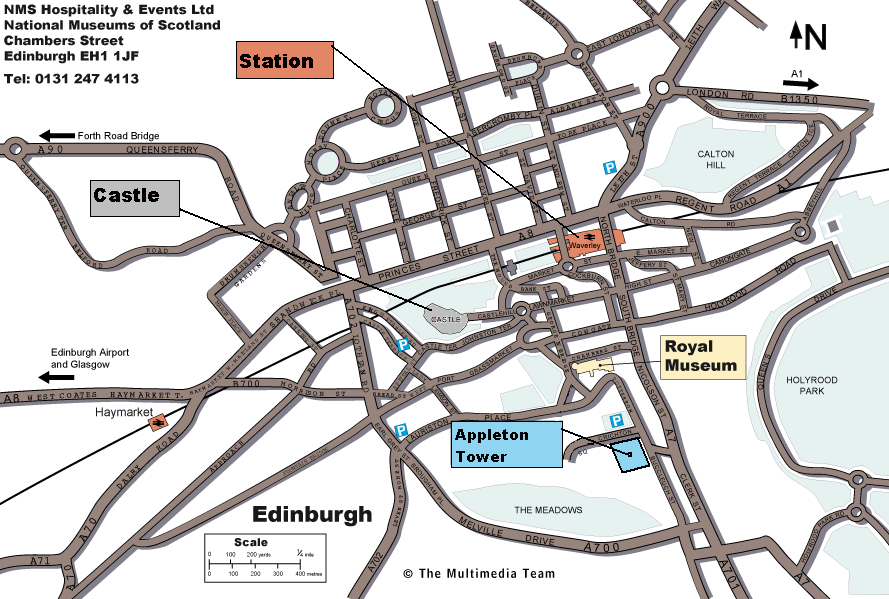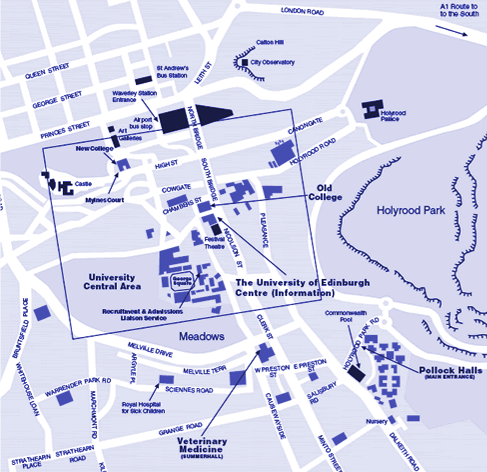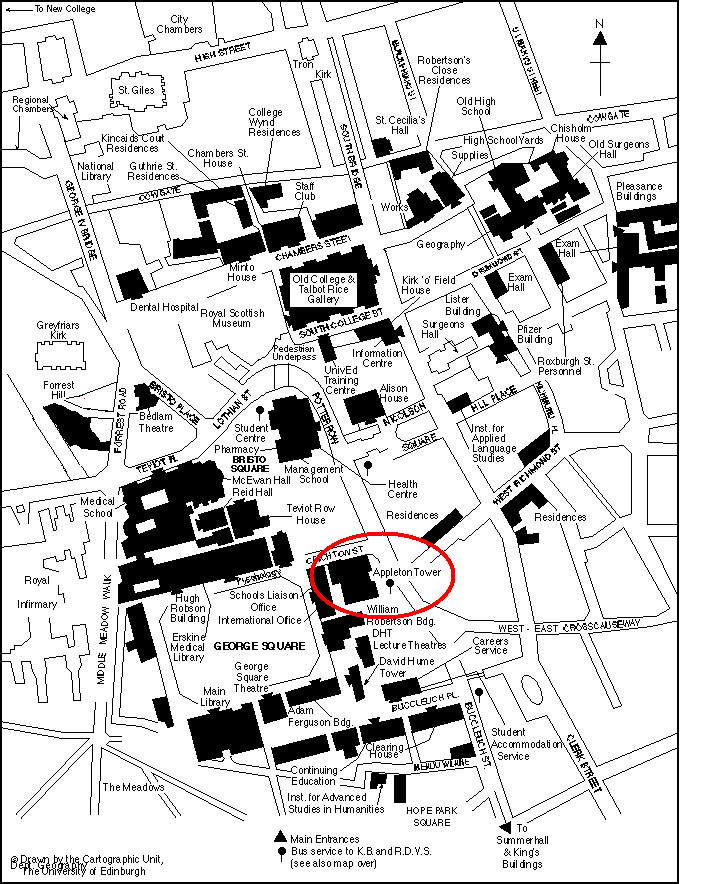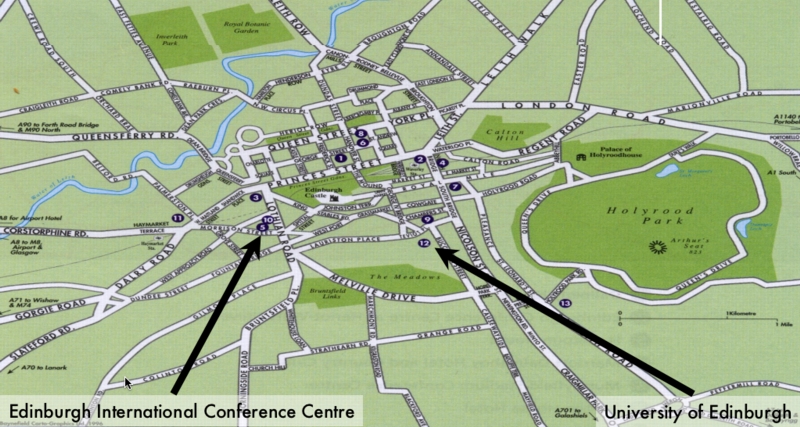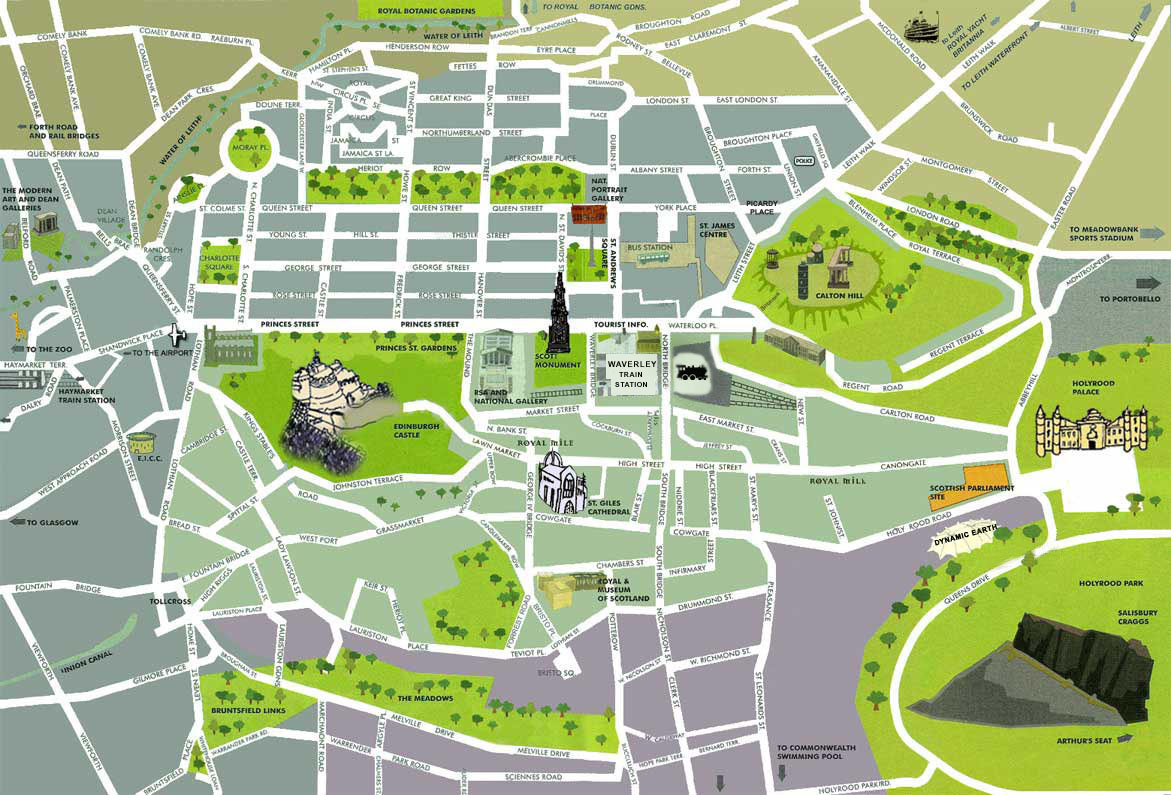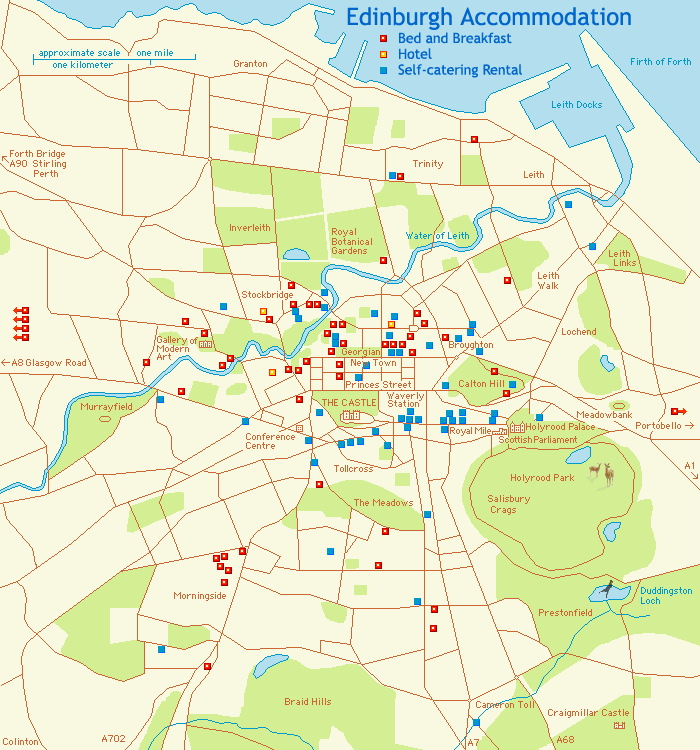|
International Workshop on the Integration of |
Abduction and Induction in Artificial Intelligence |
(AIAI'05) |
Edinburgh, July 29, 2005 |
INTRODUCTION
Abduction and induction are two forms of reasoning with incomplete information that are appropriate for many important tasks in
Artificial Intelligence (AI). To a first approximation, abduction reasons from effects to possible causes, while induction learns
general rules to account for particular observations.
As our logical and philosophical understanding of these two forms of reasoning continues to grow, and our
computational techniques are steadily improved, it is becoming more and more evident that there are potentially significant benefits to be
gained from integrating abduction and induction, in a cooperative way, within an incremental cycle of knowledge development.
This workshop is intended to provide interested researchers with an
opportunity to discuss state-of-the-art research into the integration of abduction and induction and to take stock of the
considerable progress that has recently been made.
The primary aims of the workshop are as follows:
- To better understand the role of abduction and induction in the processes of theory formation and revision; and to explore
intelligent methodologies for integrating abduction and induction in a incremental cycle of knowledge development.
- To identify different conceptual models for integrating abduction and induction, and to investigate how this integration
can be achieved in a computationally viable way.
- To determine the benefits that result from the combination of abduction and induction and to characterise the classes of
problems that can be usefully solved in this way.
- To examine possible application areas of scientific modelling, such as systems biology and others, suitable for an integrated
framework of abduction and induction.
The workshop will also aim to examine the links to other approaches (philosophical or cognitive) for
modelling scientific and other domains.
BACKGROUND
This workshop is intended to build upon the results of three previous workshops (at
ECAI'96, IJCAI'97 and
ECAI'98) on Abduction and Induction,
which culminated in an edited volume, published in 2000, entitled "Abduction and Induction: Essays on their Relation and
Integration".
One of the most exciting insights to emerge from this earlier work was the possibility that abduction and induction can be usefully integrated,
in a cooperative way, within an incremental cycle of knowledge development (where observations are used to enhance some existing model of
phenomena).
Recent work in areas such as Machine Learning and Scientific Discovery is now beginning to indicate the viability of such an integrated approach
by providing the first tentative applications of frameworks and systems designed to exploit the combination of abductive and inductive reasoning.
PROGRAMME
| Session
1: Philosophy and Techniques |
| Chair: Antonis Kakas |
|
|
|
|
|
|
| Inductive Generalizations and Manipulative Abduction |
| Lorenzo Magnani, University of Pavia, Italy |
|
|
[paper] [slides]
|
|
|
| All's Well that Ends Well -
Planning with Global Abduction |
| Ken Satoh, National Institute of Informatics, Japan |
|
|
[link] [slides]
|
|
|
|
|
|
| Experiences and directions for
Abduction and Induction using Constraint Handling Rules |
| Henning Christiansen, University of Roskilde, Denmark |
|
|
[paper] [slides]
|
|
|
| LUNCH (to be announced...) |
|
|
|
| Session
2: Systems and Applications |
| Chair: Oliver Ray |
|
|
|
| Integrating Abduction and Induction in the Learning from Interpretation Setting |
| Fabrizio Riguzzi, University of Ferrara, Italy |
| (Joint work with E. Lamma and P. Mello) |
|
[paper] [slides]
|
|
|
| Abduction and Induction for Modelling Inhibition in Metabolic Networks |
| Stephen Muggleton, Imperial College London, UK |
| (Joint work with A. Tamoddini-Nezhad, R. Chaleil and A.
Kakas) |
|
[paper] [slides]
|
|
|
|
| Session
3: Short Talks & Panel Discussion |
| Chair: Peter Flach |
|
|
|
| Abduction and
Induction through Inverse Entailment and Consequence Finding |
| Katsumi Inoue, National Institute of Informatics, Japan |
|
|
[slides] |
|
|
| Hybrid Abductive Inductive
Learning |
| Oliver Ray, Imperial College London, UK |
|
|
[slides] |
|
|
| What Bioinformatics Applications
Demand of Abduction and Induction |
| Chris Bryant, The Robert Gordon University, UK |
|
|
[slides] |
|
|
| Panel Discussion: Abduction, Induction,
their integration and application to Scientific Modelling |
|
|
|
|
|
|
|
VENUE
The workshop will be held in Room 4.03 of the Appleton Tower
in the Centre for Intelligent Systems and their Applications (CISA)
(in the School of Informatics at The University of Edinburgh).
The building is located in Crichton Street, which is in central Edinburgh
just off George Square (click on maps below for more details).
ORGANISERS
Oliver Ray (primary contact)
Deptment of Computing, Imperial College London
Huxley Building, South Kensighton Campus, London SW7 2BZ, UK
tel. +44 207 594 8449 fax +44 207 581 8024
email or@doc.ic.ac.uk
Antonis Kakas
Department of Computer Science, University of Cyprus
POBox 537, CY-1678 Nicosia, Cyprus
tel. +357 22 892706 fax +357 2 339062
email antonis@cs.ucy.ac.cy
Peter Flach
Department of Computer Science, University of Bristol
Merchant Venturers Building, Woodland Road, Bristol BS8 1UB, UK
tel. +44 117 9545162 fax +44 117 9545208
email Peter.Flach@cs.bris.ac.uk
LOCAL ARRANGEMENTS
Alison Pease
CISA, School of Informatics, The University of Edinburgh
Appleton Tower, 11 Crichton Street, Edinburgh, EH8 9LE, UK
Sasivimol Kittivoravitkul
Deptment of Computing, Imperial College London
Huxley Building, South Kensighton Campus, London SW7 2BZ, UK
